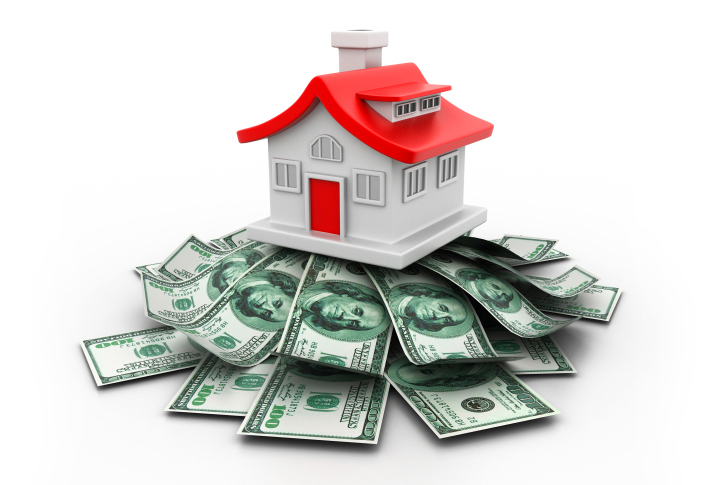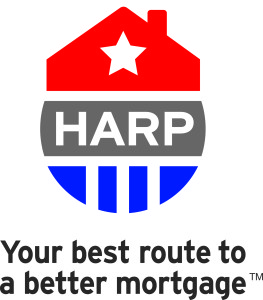The Pros and Cons of Paying Cash When You Buy Your Next Home
 With mortgage bubbles and real estate issues still in recent memory, one might feel that their best option is to buy their next home using cash instead of borrowing the necessary funds. In today’s article we’ll explore the pros and cons of paying cash for that next house or condo.
With mortgage bubbles and real estate issues still in recent memory, one might feel that their best option is to buy their next home using cash instead of borrowing the necessary funds. In today’s article we’ll explore the pros and cons of paying cash for that next house or condo.
The Pros Include A Feeling of Complete Ownership
There’s a feeling of pride and joy that comes with owning a home outright. There are several other reasons for paying cash instead of signing on the dotted line and getting and being strapped to a 30-year mortgage. Perhaps the best reason is having 100 percent equity in the home.
The cash will be there to borrow in case of an emergency. Having cash on hand is great if a water pipe bursts or there’s a huge car repair bill. In addition, instead of paying a monthly mortgage, that money could be used to start a college fund, to grow savings or to invest.
And, credit problems wouldn’t be an issue since there wouldn’t be a need to check credit history in the first place. The homeowner may be able to negotiate a better price, which may result in a likelihood of a smoother sale, and attract more prospective buyers.
The Not So Great Reasons To Pay With Cash
Buying a home is one of the largest financial investments a person will make in his or her lifetime.
However, buying a home outright most likely means that a significant percentage of cash will be tied up in the house. Less cash will be on hand for savings, college funds, and emergencies like a plumbing malfunction or an expensive car repair.
While paying in cash may result in a mortgage life, if the property value drops for whatever reason, there’s no purchase protection. For instance, if the market value of a $100,000 home loses 10 percent that will be a loss of $10,000. Take this example and apply it to a mortgage down payment. If the market value falls, there’ll be a loss of $10,000, but the bank would take a loss for the remainder of the property value.
Also, when paying with cash, there is no third party property evaluation to ensure the buyer isn’t overpaying for the home. Banks will send a professional to provide a property evaluation check to verify the correct home value.
Buying a home is a significant personal decision. In today’s tough economy, homeowners are finding ways of cutting back on expenses. Owning a home outright, without the stress of mortgage payments can be extremely liberating. Comminting a large amount of your cash to this large of an investment needs careful planning. Sit down with your trusted mortgage professional today before making the decision to use cash to pay for a home.

 The United States government established the HARP program, otherwise known as the Home Affordable Refinance Program, to assist homeowners who are struggling with their mortgage payments. Initially, the program was founded in March 2009, and it has provided many homeowners with an easier route to adjusting their mortgage payments to make them more affordable. However, the program will be ending soon, and homeowners who have not yet taken advantage of the program and who intend to do so may need to act quickly.
The United States government established the HARP program, otherwise known as the Home Affordable Refinance Program, to assist homeowners who are struggling with their mortgage payments. Initially, the program was founded in March 2009, and it has provided many homeowners with an easier route to adjusting their mortgage payments to make them more affordable. However, the program will be ending soon, and homeowners who have not yet taken advantage of the program and who intend to do so may need to act quickly. Many people look forward to the long, relaxed, sunny days of summer, but they also dread opening up their energy bills throughout the summer months. Cooling a home can be costly, and many are searching for convenient ways to lower cooling costs without sacrificing on comfort inside the home on the warmest days of the year. These are just a few of the cost-effective and convenient options that can help homeowners to reduce cooling costs throughout the summer.
Many people look forward to the long, relaxed, sunny days of summer, but they also dread opening up their energy bills throughout the summer months. Cooling a home can be costly, and many are searching for convenient ways to lower cooling costs without sacrificing on comfort inside the home on the warmest days of the year. These are just a few of the cost-effective and convenient options that can help homeowners to reduce cooling costs throughout the summer.